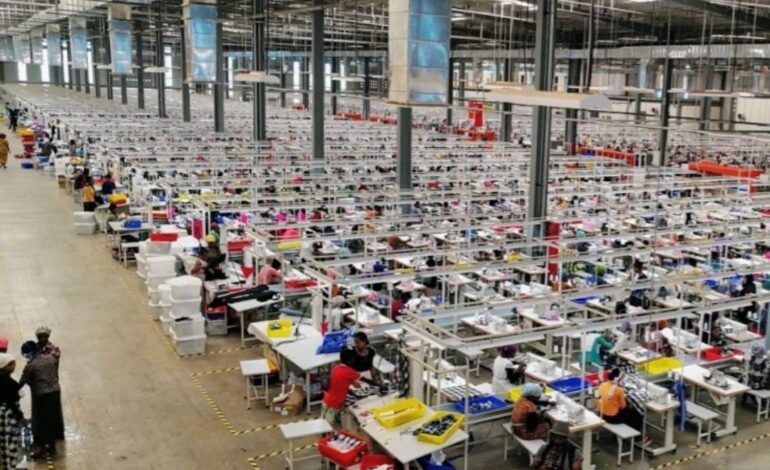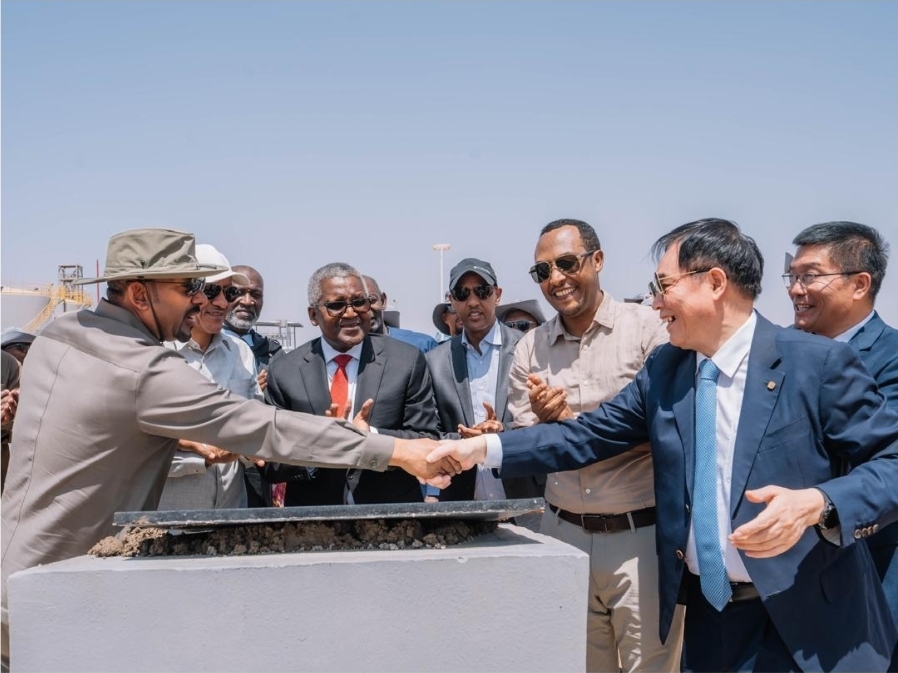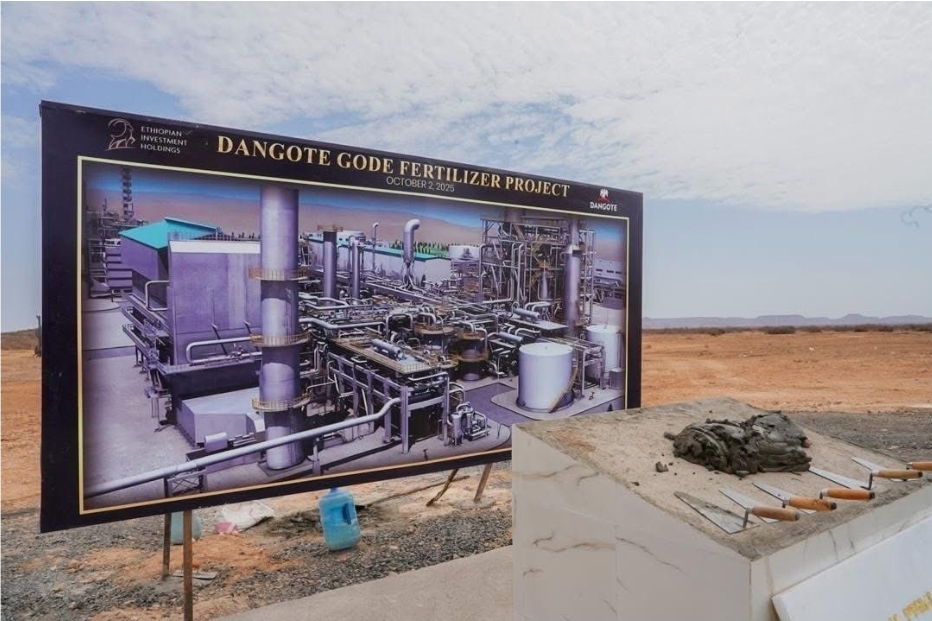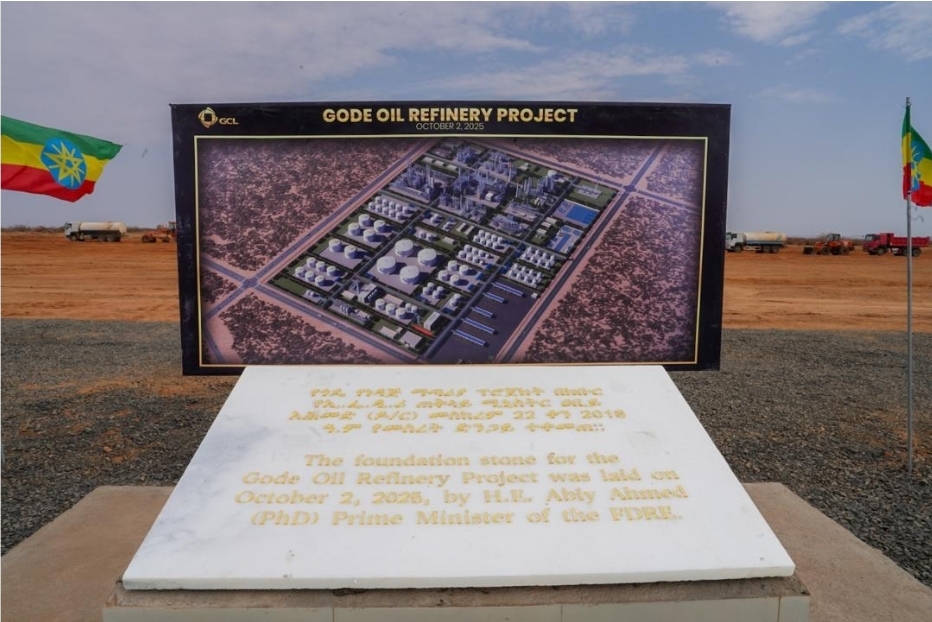
Wayne Lumbasi
Ethiopia has launched two ambitious industrial projects that could reshape its economy and reduce dependence on imports. The government has partnered with Nigeria’s Dangote Group to build a large-scale Urea Fertilizer Plant and with China’s Golden Concord Group, known as GCL, to establish the Gode Oil Refinery.
Prime Minister Abiy Ahmed laid the foundation stones in a high-profile ceremony, framing the projects as symbols of unity and national transformation.

Agriculture remains the backbone of Ethiopia’s economy, employing nearly two thirds of the population and contributing more than thirty percent of national output. Yet the sector has been held back by poor soil fertility and an overwhelming reliance on imported fertilizers. The new plant, developed by Ethiopian Investment Holding and Dangote, will use natural gas from the Kalub field to produce three million tons of urea fertilizer every year. A pipeline extending more than one hundred kilometers will deliver the gas to the site.
With fertilizer imports costing the country around one and a half billion dollars annually, local production is expected to save Ethiopia billions in foreign exchange, shield farmers from global price volatility, and strengthen food security.

The Gode Refinery represents another turning point for the country. For decades, Ethiopia’s oil and gas reserves in the Ogaden Basin were considered untapped potential due to insecurity and weak infrastructure.
The refinery, which will process three and a half million tons of crude oil annually from the Hilala field, will produce gasoline, diesel, and jet fuel for domestic use and export. Ethiopia currently imports nearly all of its refined petroleum at a cost exceeding three billion dollars a year. By refining oil locally, the country could cut this dependency and even supply fuel to neighboring nations including Djibouti, Somalia, and South Sudan. For the Somali Regional State, long associated with conflict and marginalization, the refinery also carries symbolic importance as a promise of industrial inclusion.
If completed successfully, the fertilizer and refinery projects could save Ethiopia more than four and a half billion dollars each year and create over fifty thousand jobs.

They are also expected to stimulate growth in downstream industries ranging from petrochemicals to transport. However, financing challenges, security concerns in the Somali region, infrastructure limitations, and environmental risks remain significant obstacles.
Prime Minister Abiy Ahmed emphasized that the ventures are more than industrial facilities. He described them as instruments of unity and national pride, much like the Grand Ethiopian Renaissance Dam has become. Whether these projects succeed will depend on strong governance, steady investment, and ensuring that the benefits reach farmers and consumers across the nation.
RELATED
AFNON PARTNERS WITH CHINESE COMPANIES TO ADVANCE ZAMBIA’S INDUSTRIALIZATION
JAPAN’S $5.5B PLEDGE AND A.I TRAINING AIM TO TRANSFORM AFRICA








